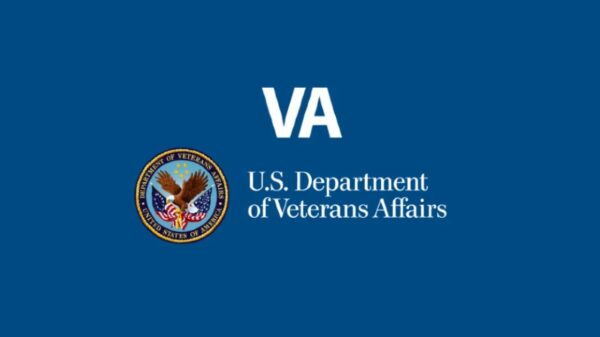At the end of last week, U.S. Sen. Rick Scott, R-Fla., sent a letter to World Bank Group President David Malpass asking for information on the steps the World Bank is taking to reduce lending to China.
“There is no reason the World Bank should be lending to Communist China, a developed and wealthy nation that oppresses its people and denies their human rights,” Scott’s office insisted.
Scott’s letter is below:
Dear Mr. Malpass,
Thank you for taking the time to discuss with me the many important issues facing the World Bank, particularly as it relates to lending to Communist China.
As you know, I am concerned about the World Bank’s activities and involvement with Communist China, who is one of the worst human rights abusers in the world. Communist China is attacking religious freedom by detaining more than one million Uyghurs in internment and re-education camps, and killing tens of thousands of Falun Gong so the Chinese could harvest their organs. Communist China is militarizing the South China Sea, and threatening America’s allies in the region. They are trying to take rights away from Hong Kong and Taiwanese citizens, and they steal our technology and refuse to trade fairly in the international marketplace.
I understand that you have begun taking steps to wind down the World Bank’s lending to Communist China, and I appreciate those efforts. However, I was dismayed to learn recently of the World Bank’s new $1.5 billion lending plan to China. I question why a country like China, who has far exceeded the threshold at which it is supposed to graduate from World Bank funding, has been given access to any World Bank loans or services at all. Earlier this year, I was proud to join my colleagues in cosponsoring two critically important bills – S. 3017 and S. 3018, which would finally address these issues. The stated mission of the World Bank is to “reduce poverty and build shared prosperity in developing countries.” There is absolutely no reason the World Bank should be lending to Communist China, a developed and wealthy nation that oppresses its people and denies their human rights. Communist China is the world’s second largest economy and has access to capital markets. They even engage in substantial foreign lending of their own, using it as a manipulative tool to increase their influence and dominance over other countries.
In light of the World Bank’s continued plans to lend to Communist China, I write to ask you the following questions.
What steps are the World Bank actively taking to reduce lending to Communist China? Please outline your plans and timeline to reduce the World Bank’s lending in China to zero.
The World Bank’s International Bank for Reconstruction and Development (IBRD) program is intended to provide loans and financial support to middle and low-income countries. The threshold for graduation from the IBRD program currently stands at a gross national income (GNI) per capita level of $6,975. China’s GNI per capita, as of 2018, stands at $9,460. What are the World Bank’s plans to graduate China to its rightful status as a developed country?
On December 5, 2019, the World Bank announced its Country Partnership Framework with China, which includes billions of dollars in loans to Communist China. What process was used to develop and approve this Framework? What role did World Bank Governors and Executive Directors play, and why were they denied a vote in the approval process?
For existing Chinese projects, how will the World Bank ensure their full and complete compliance with World Bank disclosure and accountability requirements? Due to their long track record of poor disclosure and transparency, Communist China poses a particularly significant reputational risk.
The World Bank has given money to support a “Technical and Vocational Education and Training Program” in Xinjiang. On November 16th, the New York Times reported that such programs were being used to detain hundreds of thousands of Muslims in internment camps. The World Bank had not found this to be a significant risk in their review procedures, and in fact only raised their environmental and social risk level for the project after drawing media and Congressional attention. This seems to indicate a failure in World Bank internal review methods. What mechanisms will be put in place to better evaluate and identify such risk in the future?
As the World Bank’s largest contributor, Americans deserve to know why their U.S. tax dollars are backing loans to Communist China. Thank you in advance for your timely attention to these issues.




















